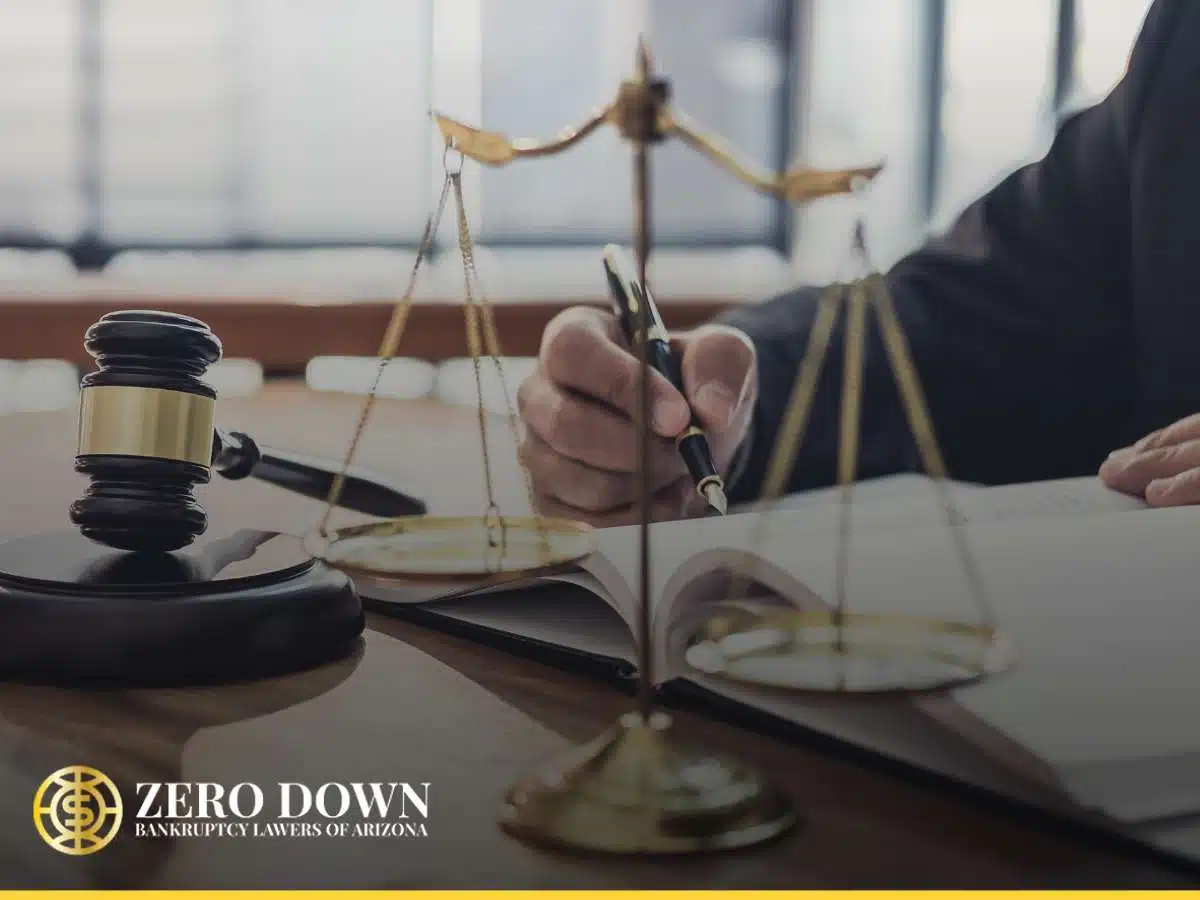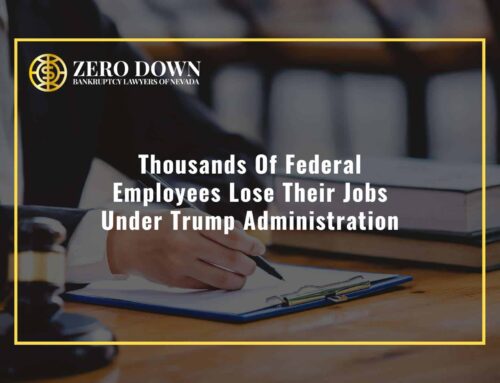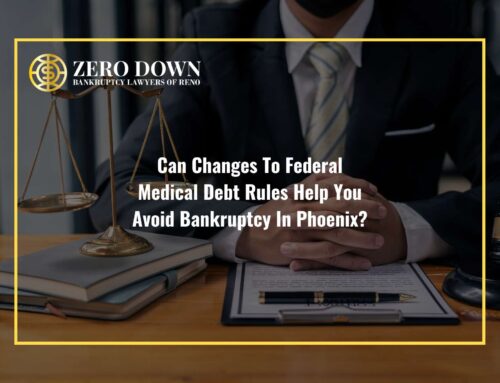For the past few decades, the United States has been witnessing the slow decline of the shopping mall. With internet retailers offering more selection and fast shipping times, fewer people feel the need to visit a brick-and-mortar store to make their purchases. The cost of living has skyrocketed, with the middle class being the population hit the hardest. That leaves shoppers with less disposable income for discretionary purchases like scented lotions and body washes. And when shoppers have less disposable income for scented lotions and body washes, companies that sell these products will experience reduced profits or even go into the negative. The latest name to declare bankruptcy that you might recognize from the mall is The Body Shop.
The Body Shop is based in the United Kingdom, and announced that effective March 1, 2024, its United States subsidiary is no longer operational. The company was first founded in 1976 by environmental activist Anita Roddick. It was known for being an industry leader in prohibiting animal testing on its products. It was certified as a B Corp in 2019, and had 2,500 store locations in 80 countries in 2023. It was purchased by L’Oreal in 2006 for approximately one billion dollars and was acquired by Natura in 2017 again for one billion dollars. However, despite these impressive numbers, its sales decreased 13.5% from 2022 to 2023. It sold to asset management group Aurelius in 2023 for $266 million. After shifting focus to online sales due to the pandemic, these sales have returned to pre-pandemic levels. All 50 of The Body Shop’s U.S. locations will be closed due to this bankruptcy filing. It will also be closing 33 of its 105 Canada locations. It filed a debt relief proceeding in the U.K. in February prior to its March U.S. bankruptcy filing. This filing is just one of a string of brick-and-mortar bankruptcy cases that have occurred since the COVID-19 pandemic. Many retailers never fully recovered and face mounting obstacles like interest rates and online competitors. It can be expected that we will see several other bankruptcy filings from stores known for their brick-and-mortar locations in the future.
Different Chapters Of Bankruptcy
Most major businesses that declare bankruptcy do so with chapter 11 bankruptcy. Chapter 11 bankruptcy can be used to restructure a business so that it can continue operating, or it can be used to shut down a business in a fair and orderly fashion. Businesses can also use chapter 7 bankruptcy, but this type of bankruptcy only provides the option of shutting down. The business will also need to meet certain requirements to qualify for chapter 7 bankruptcy which might not apply in chapter 11 bankruptcy. Chapter 13 is another popular form of bankruptcy, but is meant for individuals and consumers. Chapter 7 and chapter 11 are both available to consumers, but chapter 11 is too expensive and complex for the average person’s needs. Chapter 7 bankruptcy is the most popular form of consumer bankruptcy. If you’re considering filing for bankruptcy, chances are that it will be either chapter 7 or chapter 13. Read on to learn more about how to qualify for each of them, and contact our firm at 602-609-7000 if you have additional questions.
Qualifying For Chapter 7 Bankruptcy
Chapter 7 bankruptcy liquidates unsecured debts in a relatively short period of time. This can be extremely useful for someone who is struggling with debts like credit cards and medical bills. However, it might not be as useful for someone who has issues with secured debts- like someone who wants to save their home from foreclosure- or someone who can’t pay off priority debts that wouldn’t be discharged by chapter 7 bankruptcy, such as back child support.
Because chapter 7 bankruptcy clears debt without repayment by the debtor, the debtor must be able to show they have insufficient income to pay their debts and they don’t have valuable assets that could be sold to repay creditors. Some debtors will have a simpler time than others showing that they qualify for chapter 7. For chapter 7 income qualification purposes, the court will look at the debtor’s last 6 months for income information. A debtor who is a salaried employee will have a clear average monthly income, but it could require further calculation if the debtor is self-employed or has variable income. Another way to qualify for chapter 7 bankruptcy is by using the means test to prove that the debtor has insufficient income to pay minimal expenses and their debts.
Another factor that discourages potential debtors from chapter 7 bankruptcy is asset protection through bankruptcy exemptions. In chapter 7 bankruptcy, any assets that aren’t protected by exemptions can be taken by the trustee to sell at auction and repay debts. While it won’t result in a case dismissal like having too high of income, this can be enough of a drawback to keep many debtors from filing for chapter 7 bankruptcy. Some of them may file for chapter 13 bankruptcy instead. If you would like to confirm that you qualify for chapter 7 bankruptcy in the state of Arizona, call 602-609-7000 to set up your free consultation with our firm.
Qualifying For Chapter 13 Bankruptcy
Chapter 13 bankruptcy actually requires that a debtor have sufficient income to complete a payment plan. Therefore, it is the most straightforward when the debtor has stable income and expenses. The debts that must be paid off in a chapter 13 bankruptcy are legal fees related to the bankruptcy, secured debts, and priority debts. Unsecured nonpriority debts, like credit cards and medical bills, will only be paid to the extent that the debtor’s disposable monthly income allows for the duration of the payment plan. A chapter 13 payment plan lasts 3 years if the debtor earns less than the state median income for their household size. The payment plan lasts 5 years if the debtor’s income exceeds that amount. If you are unsure if your income will qualify you for a chapter 13 payment plan in Phoenix or Tucson, Arizona, call 602-609-7000 to schedule your free consultation with one of our experienced bankruptcy attorneys.
Other Popular Mall Stores That Have Declared Bankruptcy
The Body Shop isn’t the first shopping mall retailer to declare bankruptcy, and there will likely be many similar cases to come. Some of the famous names from your local shopping mall that have declared bankruptcy in the past include:
- Forever 21
- True Religion
- Bed Bath & Beyond
- Lucky Brand
- JC Penney
- Neiman Marcus
- Papyrus
Learn More About Filing For Bankruptcy With Your Free Consultation
If you’re considering an individual consumer bankruptcy filing, you don’t have to figure out every detail on your own. Our skilled bankruptcy team can represent you from filing to discharge so your case proceeds as smoothly and quickly as possible. We can also address creditor requests while you are preparing to file. We offer affordable payment plan options starting as low as Zero Dollars Down and you can start the process for free with your free consultation. Get started today by calling 602-609-7000 for your free consultation with one of our experienced Arizona bankruptcy lawyers. Contact us now!
Arizona Offices
Phoenix Location:
343 W Roosevelt Street, Suite #100
Phoenix, AZ 85003
Email: [email protected]
Phone: 602-609-7000
Mesa Location:
1731 West Baseline Rd., Suite 101
Mesa, AZ 85202
Email: [email protected]
Glendale Location:
20325 N 51st Avenue, Suite #134
Glendale, AZ 85308
Email: [email protected]
Tucson Location:
2 East Congress, Suite #900
Tucson, AZ 85701
Email: [email protected]











